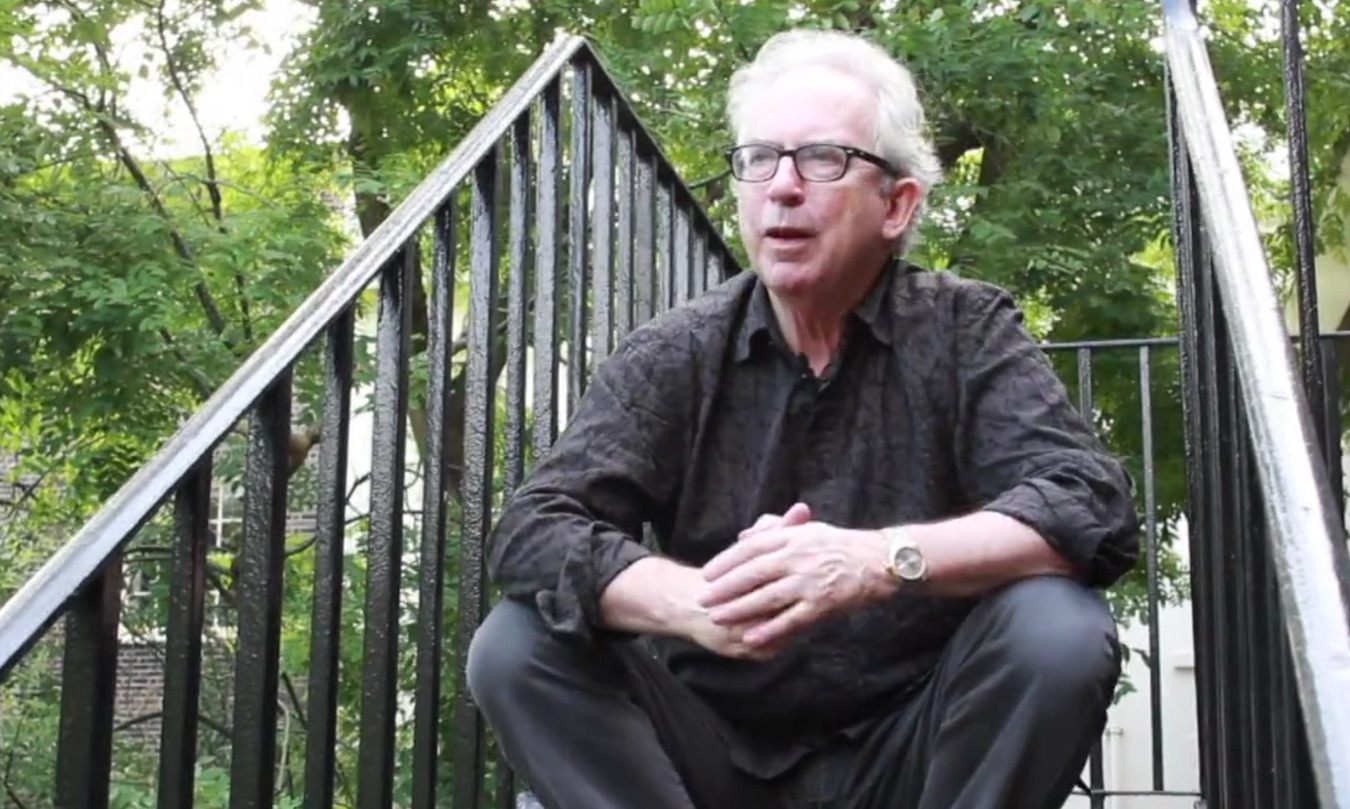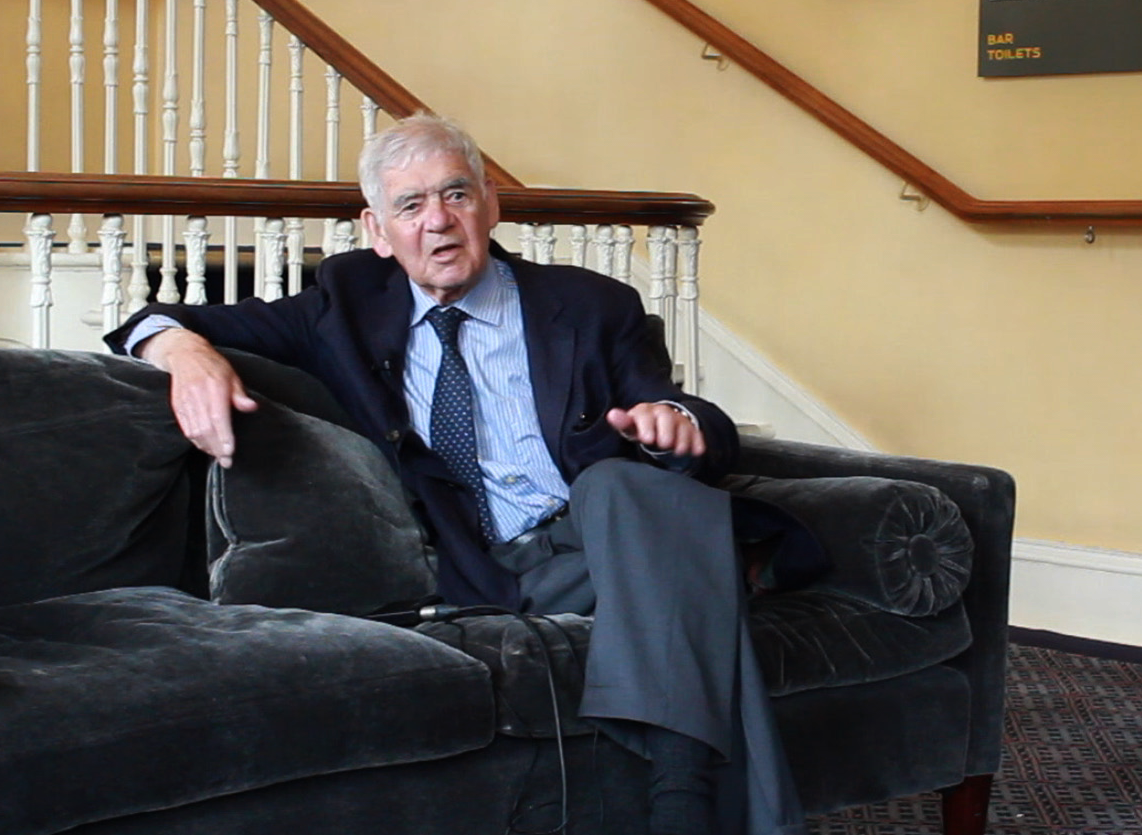Mary Bosworth: Inside Immigration Detention
“Following 9/11, the US and then the UK decided to introduce new pieces of legislation which were ostensibly aimed – at least to start with – against terrorism and concerned security. But they rapidly bled into other fields, in particular into the area of immigration. So we saw throughout the first decade of the 21st century a series of new pieces of legislation which restricted access of asylum seekers and changed the way they were handled in the UK, and also restricted access of economic migrants and how they were handled. And in order to enact those changes of legislation, the UK government began to expand its immigration detention estate. And that was the point at which I realized there was a big gap in the academic literature on these institutions and that led me to this project…” This is the first in a new series of podcasts commissioned by OUP’s law publishing department. My guest is Mary Bosworth, reader in criminology at the university of Oxford and concurrently professor of criminology at Monash University …


